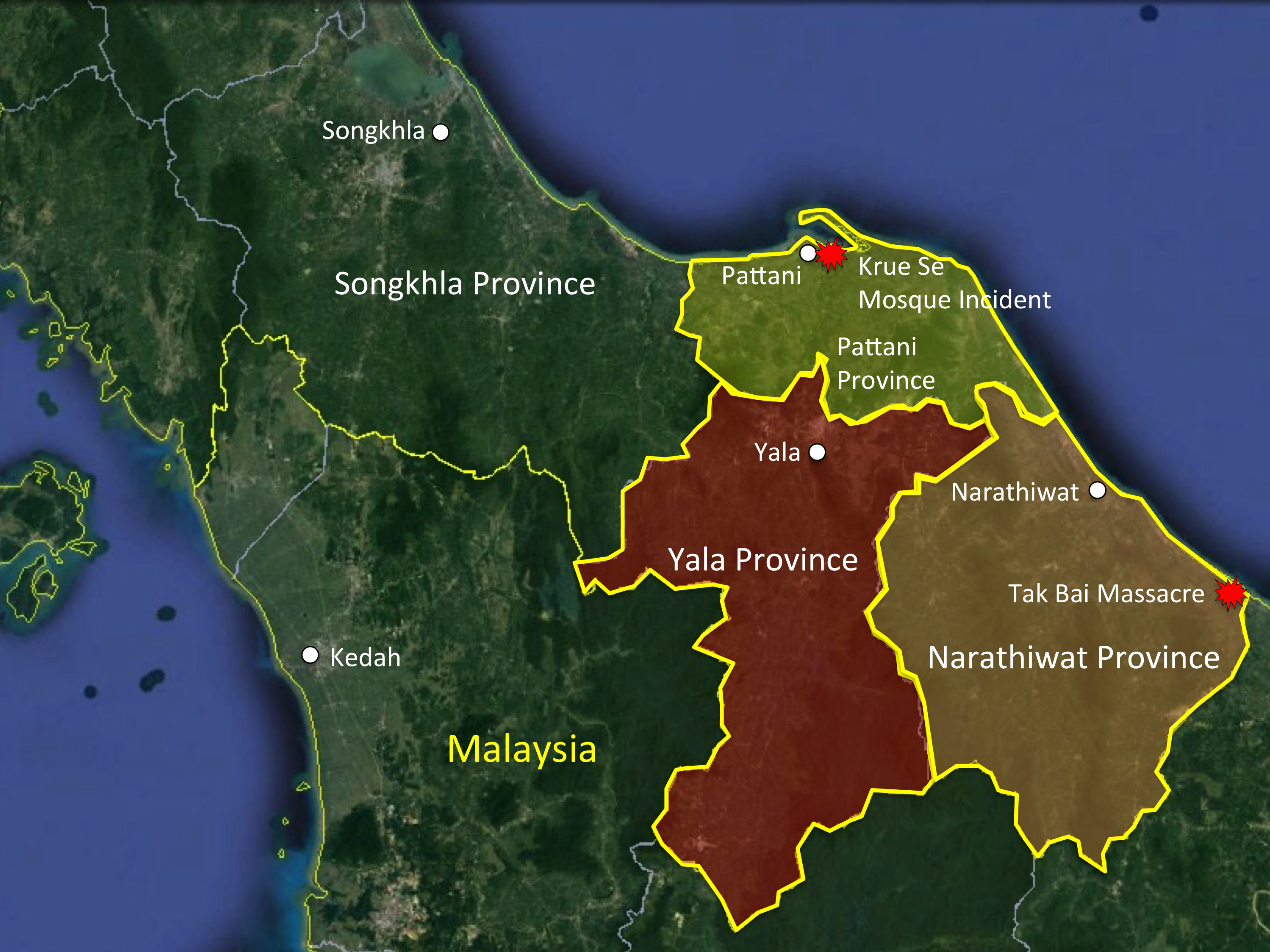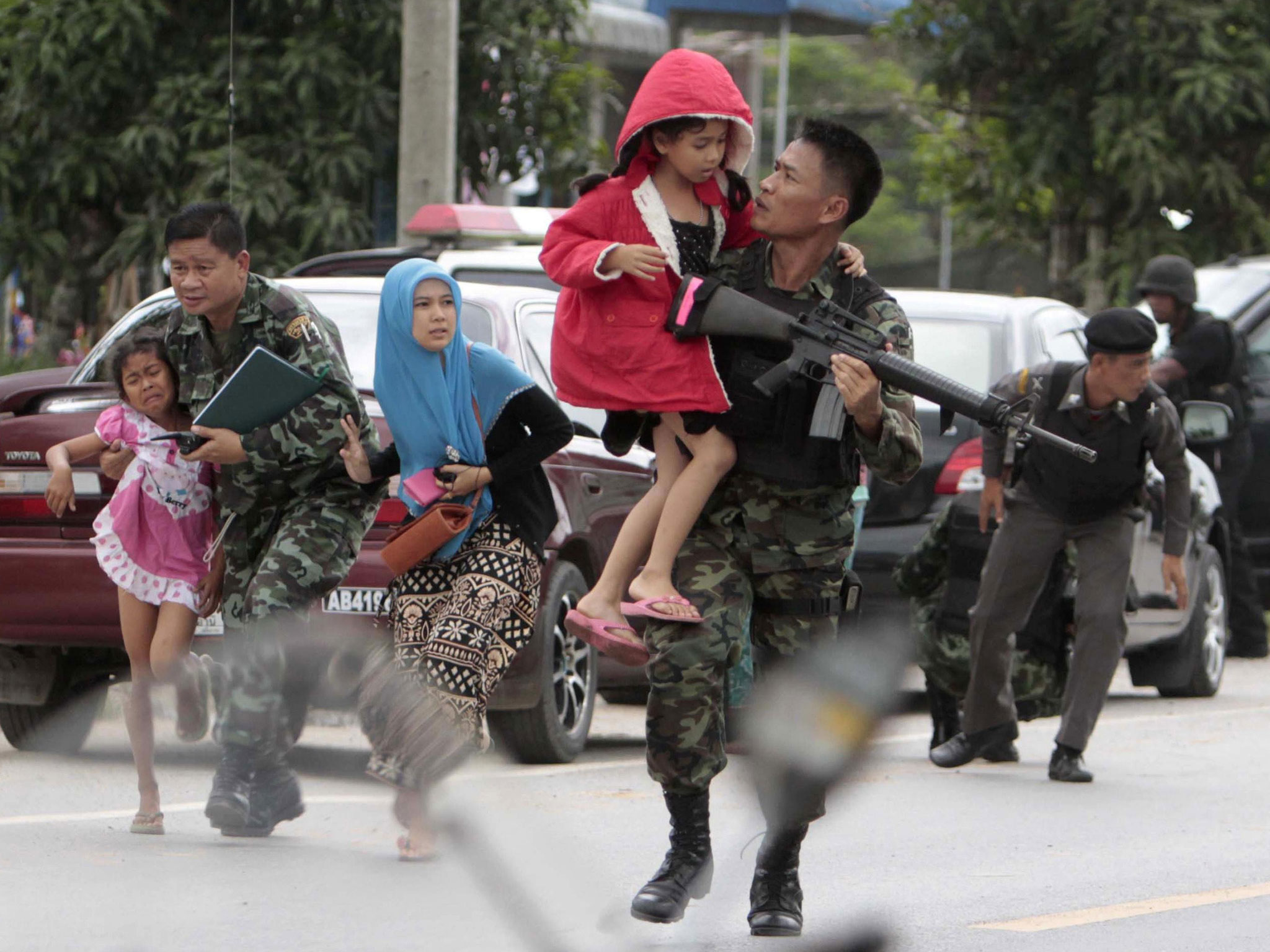This article has been republished with permission from our partner, Stratfor. The original version was first published in Stratfor’s WORLDVIEW and can be found here.
Nearly 3 million of Hong Kong’s 4 million registered voters expressed their disapproval of the city’s current government in a decisive local election on Nov. 24 that reduces the Hong Kong authorities’ political potency and also gives the opposition and protest movement a mandate to push against Beijing’s control. In theory, the huge electoral victory gives only a marginal political boost to the opposition in an institution that is otherwise heavily tilted in favor of the pro-establishment forces and ultimately controlled by Beijing. Nevertheless, the opposition now has much stronger backing to promote its pro-democracy agenda.
The Big Picture
Hong Kong voters went to the polls for the first time since the city’s latest political crisis began in an election to select local representatives. The vote, coming six months into a protest movement that has gripped Hong Kong, amounted to a referendum of the city’s Beijing-backed leadership. An overwhelming victory for pro-democracy candidates significantly altered Hong Kong’s political landscape and dealt the current government a blow, weakening the key pillar Beijing relies upon to exercise control.
According to Hong Kong’s Registration and Electoral Office, opposition pro-democracy parties won 77 percent of the 452 total seats up for grabs, giving them control of 17 of the city’s 18 districts. This is a sharp reversal of the pro-establishment’s near-dominance of the district councils (those groups held 70 percent of total seats and controlled all districts since 2015). The record-high turnout of 71 percent, compared with the 40 percent average for previous district council elections, reflects high political awareness among the city’s residents, who were energized by the protest movement and undeterred by street battles between protesters and the police leading up to the election and the strong security presence during Hong Kong’s only direct and democratic election.
A Symbolic Landslide
The district councils traditionally hold little political power beyond decisions over local community affairs. But six months of persistent — and increasingly violent — protests effectively transformed this year’s election into a proxy battle along partisan lines, with the defeat of the pro-establishment camp apparently weakening a key pillar of governance supporting Beijing’s control in the city. The result also energizes the opposition, boosting its prospects in next year’s Legislative Council elections and could give it as many as 117 additional seats on the 1,200-member election committee that will choose Hong Kong’s chief executive in 2022. Even with the momentum from the district council vote, it’s unlikely the opposition will be able to capture a majority in either the Legislative Council or on the election committee.
But the results do send a clear measure of the strength of societal approval for it to pursue pro-democracy measures. Ultimately this means the central government will be forced to address opposition demands in some fashion or risk drawing an even stronger reaction on the streets as well as more international scrutiny. The number of opposition candidates who take seats in the local councils, however, will also lead to political impasses with the Beijing-friendly city administration over community affairs, likely leading to gridlock over local enforcement for years to come.
Despite the strong performance by opposition candidates, the raw vote totals do not necessarily translate into a sweeping popular endorsement of the protest movement, especially its more violent elements. The opposition candidates won 57 percent of the total popular vote, an improvement from their average 40 percent share of vote totals in the previous two district elections in 2011 and 2015, but not a dramatic one. Critically, this year’s election outcome will not appease the city’s more radical protesters, whose confrontations with authorities have persisted largely irrespective of the city’s political process. But the strong performance of pan-democracy politicians could restore the prominence of the protest movement’s more moderate voices.
What Could Happen Next
The local election results could effectively infuse the city’s political institutions with the spirit of Hong Kong’s street battles. The election may also provide a window of temporary respite in Hong Kong, but it likely will not last much more than a matter of days or weeks. Several major developments in the near future could signal whether the election result will lead to spikes in protest activity or whether the opposition’s demands will be channeled into political action, even as the broader protest movement is set to stay. Here are the signs to watch.
What the Protest Movement Does Next: Protest-related violence notably ebbed on election day, reflecting a degree of unity in the protest movement. One test of that unity will be whether the opposition’s electoral gains will help moderate protest groups and pan-democracy leaders discourage the more radical elements in the movement from resuming their violent tactics. It also raises the question of how the election results will be used as leverage to push forward the protesters’ demands. In particular, a scheduled protest on Dec. 8 by the Civil Human Rights Front will be important to monitor. What happens surrounding that protest will show whether protesters of all stripes can maintain a collective front on the pro-democracy demands. Another key question is whether the radical wing of the movement will maintain the peace as it did over election weekend or whether there is a quick return to disruptive action.
The loss of legitimacy suffered by its ally at the Admiralty will effectively force Beijing to choose between offering concessions to Hong Kong’s moderates or taking the risk of energizing the radicals.
How Hong Kong Authorities Respond: Hong Kong Chief Executive Carrie Lam said she and her government would “seriously reflect” on the Nov. 24 results, but ultimately, Beijing will determine how she and her government respond. As happened in 2003, when mass protests led to a similar defeat of pro-establishment forces and the resignation of several key officials, the election results will almost certainly cause more fissures within the administration and possibly prompt a few officials to resign. There is also a possibility that Lam’s administration could make political concessions to try to appease moderate protesters. Anything short of those gestures, however, will only deepen the political crisis.
What Beijing Does Next: The Chinese central government has issued no official responses to the election outcome beyond making convenient accusations, blaming “outside interference” for the result. Nonetheless, the loss of legitimacy suffered by its ally at the Admiralty will effectively force Beijing to choose between offering concessions to Hong Kong’s moderates or taking the risk of energizing the radicals. Thus, it may find the more expedient course of action will be to isolate itself from the mess by scapegoating the Hong Kong authorities and forcing the resignation of some Cabinet officials — and possibly even Lam herself. Beijing may even go as far as to influence the Hong Kong authority to pursue an inquiry of police actions during earlier protests — a key demand of protesters that the Admiralty rejected out of hand. Beijing certainly doesn’t want whatever concessions it grants to further embolden the protesters and the pro-democracy movement. But its more hard-line alternatives — especially the disqualification of a few of the recently elected pro-democracy candidates — would immediately inflame protests and push a resolution of the city’s crisis even further away.
 As the world’s leading geopolitical intelligence platform, Stratfor brings global events into valuable perspective, empowering businesses, governments and individuals to more confidently navigate their way through an increasingly complex international environment. Stratfor is an official partner of the Affiliate Network.
As the world’s leading geopolitical intelligence platform, Stratfor brings global events into valuable perspective, empowering businesses, governments and individuals to more confidently navigate their way through an increasingly complex international environment. Stratfor is an official partner of the Affiliate Network.



 Jared Wilhelm is a Foreign Area Officer and former Naval Aviator who lives in Italy. He is a member of the Military Writer’s Guild, was named a 2014 Olmsted Scholar, and is a graduate of the U.S. Naval Academy, U.S. Naval Postgraduate School, and the U.S. Naval War College. His views are his own and do not represent the views or position of any other entity. He has previously published numerous articles on democracy around the world, including
Jared Wilhelm is a Foreign Area Officer and former Naval Aviator who lives in Italy. He is a member of the Military Writer’s Guild, was named a 2014 Olmsted Scholar, and is a graduate of the U.S. Naval Academy, U.S. Naval Postgraduate School, and the U.S. Naval War College. His views are his own and do not represent the views or position of any other entity. He has previously published numerous articles on democracy around the world, including 



 Captain Caleb Ling is a U.S. Army Infantry Officer with combat experience in Iraq and Afghanistan, and extensive multinational training experience at the Joint Readiness Training Center. He is currently attending Chiang Mai University in Thailand.
Captain Caleb Ling is a U.S. Army Infantry Officer with combat experience in Iraq and Afghanistan, and extensive multinational training experience at the Joint Readiness Training Center. He is currently attending Chiang Mai University in Thailand.